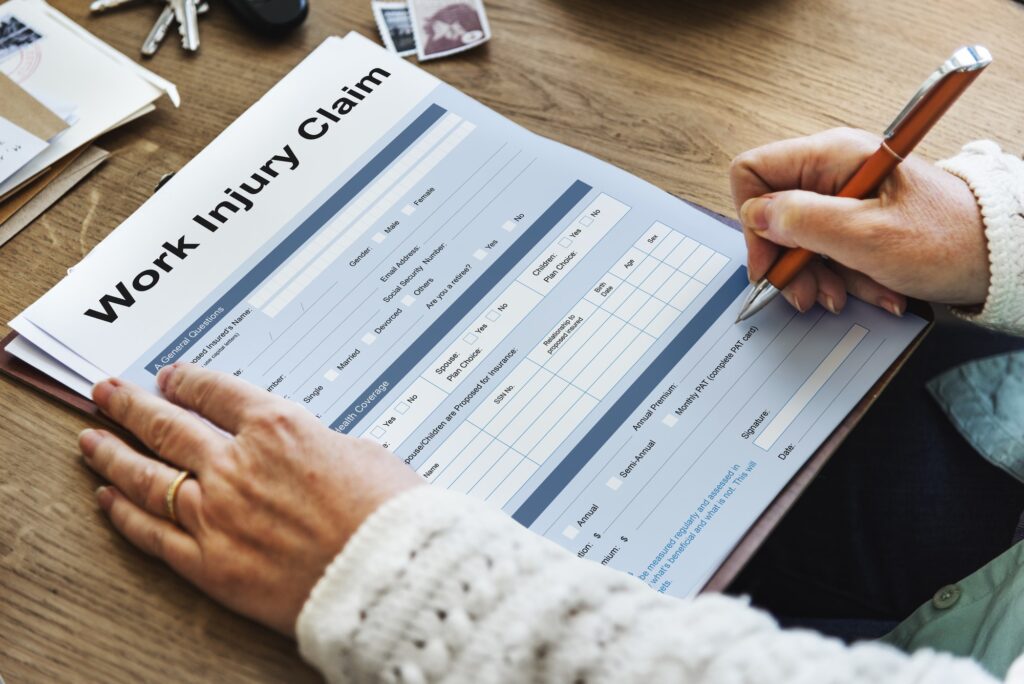This post is a guest submission. Please see our Disclaimer, Disclosures, & Affiliate Notice for details.
While your employer has an obligation to provide you with a safe and healthy work environment, it’s important to understand that accidents can still occur and you can still get injured regardless of how hard the company that employs you worked to ensure your safety.
Injuries in the workplace range from occupational illnesses and exacerbations of pre-existing conditions to psychological injuries, broken bones, and paralysis. In case you get injured on the job, it’s crucial that you know how to proceed. Keep on reading for some essentials you should bear in mind.
1. Report your Injury Immediately
It doesn’t matter what kind of injury you suffer, it’s essential that you report it to your employer or supervisor right away. This step is vital seeing as how, in many cases, injury claims get denied if the issue was not reported promptly or within the statute of limitations. In some places, the notice has to be written while others allow verbal ones, so check your state’s requirements.
If you are incapable of moving, try to get the attention of one of your coworkers and have them help you. Depending on the injury, it might be best not to move until there are medical professionals present.
2. Call Emergency Services
If the injury seems serious, get a coworker to contact emergency services. If it’s a broken bone or some other visible injury, you need to be examined straight away. However, even if the injury is not visible, you should still be checked out by a medical professional because internal injuries can be more dangerous.
Notify your employer of the injury, contact your insurance provider, and have someone take you to the hospital or to see your physician. Furthermore, you might be provided with a doctor by your insurance company. If that happens, you should also bring along a doctor of your own choosing as they can offer a second opinion if necessary. Once they start examining you, inform the medical expert that your injury is related to work as that needs to be written down in their notes. This is important as some claims are denied if the first medical checkup doesn’t include such a notation.

3. Provide your Employer with a Written Report
No matter the extent of your injuries or if you escaped unscathed, you should still provide your employer with a detailed report of the accident. Even if you are feeling fine and no one was injured, the report can help your employers examine the situation and introduce better safety measures that will prevent something similar from happening in the future.
What is more, you might begin experiencing symptoms after a few weeks or months, and this will help protect you later on.
4. Contact a Workers’ Compensation Lawyer
In case you have suffered an injury in the workplace, you might be entitled to compensation. You can file a workers’ compensation claim. Keep in mind that, by doing this, you are not suing your employer but simply requesting benefits that will reimburse you for lost wages and medical expenses.
In case you’re not sure how to handle the legal aspects of filing a claim, consult with personal injury lawyers that can advise you on how to proceed.
What is more, if you believe your employer did not take all the necessary measures to keep you safe, you can see whether taking them to court is a good option. Finally, your injury might be caused by a third party, in which case you might have to consider a civil lawsuit as this kind of accident is not covered by workers’ compensation insurance.

5. Follow the Doctor’s Advice
If the physician you’ve seen tells you that you can go back to work as normal, do what they say. They might also suggest a few days off if you had a minor injury or are shaken up. On the other hand, you might have to miss many days at work or avoid strenuous physical activity.
In order to not make your condition worse, listen to what the doctors say and keep a detailed account of your recovery. Furthermore, it’s important to keep track of all the missed days of work, your travel costs, and all other medical expenses so that you are aware of the amount that you need to be reimbursed for.
If you happen to get injured on the job, it’s important to know how to act. Start by calling emergency services and notifying your employer and insurance provider, and later think about whether you can get reimbursed for your expenses through workers’ compensation insurance or some other legal action.
Disclaimer
This post is not to be considered legal advice. Please see our Disclaimer, Disclosures and Affiliate Notice Page for more information.
Patrick Adams is a freelance writer and rock-blues fan. When he is not writing about home improvement, he loves to play chess, watch basketball, and play his guitar. More than anything, he loves to spend his time in his garage, repairing appliances and creating stuff from wood.

